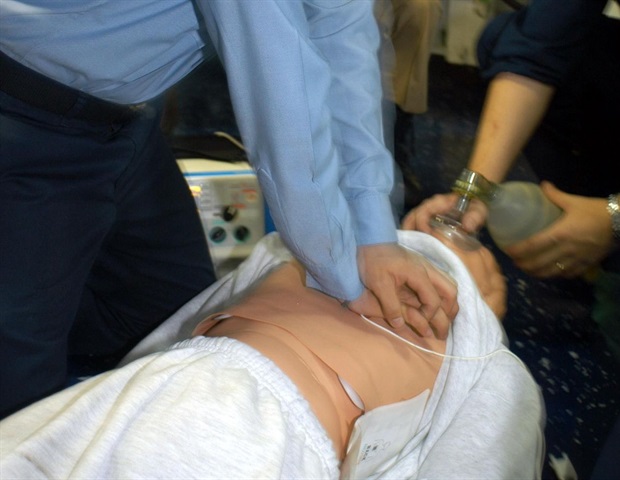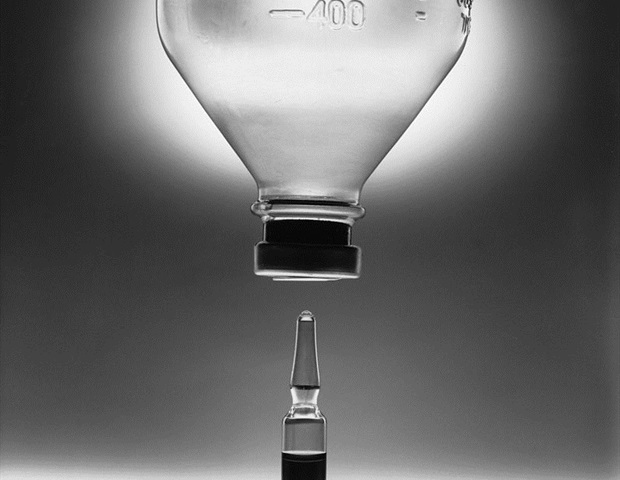In a recent review published in Phytotherapy Research, researchers reviewed existing literature on naturally active products with therapeutic efficacy against severe acute respiratory syndrome coronavirus 2 (SARS-CoV-2).
Studies have reported coronavirus disease 2019 (COVID-19) breakthrough infections and multiple mutations in SARS-CoV-2 variants, warranting the development of improved vaccines and drugs against COVID-19. Researchers have highlighted the anti-SARS-CoV-2 efficacy of natural products that can potentially expand the therapeutic landscape of SARS-CoV-2 infections.
About the review
In the present review, researchers reviewed natural products with promising anti-SARS-CoV-2 action based on relevant studies (molecular docking, in vitro cell experiments, in silico screening) from databases such as SCI, PubMed, Chinese national knowledge infrastructure (CNKI), Clinical Trials Gov, and the Chinese clinical trial registry (ChiCTR) between January 2020 and April 2022.
Pathophysiology of COVID-19
SARS-CoV-2 enters host cells by transmembrane serine protease 2 (TMPRSS2) or cathepsin (Cat)B/L, then identified by ACE2 (angiotensin-converting enzyme 2) and other host cell receptors such as glucose-regulated protein 78 (GRP78) and cluster of differentiation 147 (CD147). Subsequently, SARS-CoV-2 fuses with the host cell membrane and releases ribonucleic acid (RNA) into the host cell, under the assistance of furin protease.
SARS-CoV-2 RNA uses host raw materials cells to synthesize P-protease (Ppro) and 3C-like protease (3CLpro) that are cleaved into non-structural proteins (NSPs) and proteases required for RNA replication such as RNA-dependent RNA polymerase (RdRp). On the host cell endoplasmic reticulum, viral RNA synthesizes structural proteins for viral assembly, such as SARS-CoV-2 spike (S) and nucleocapsid (N) protein, followed by the synthesis of SARS-CoV-2 progeny cells invading more human tissues and organs. As a result, COVID-19 causes widespread inflammation (cytokine storm) and systemic disorders, including respiratory distress, hepatitis, and renal failure.
SARS-COV-2 infections lead to immunological dysregulation that significantly impacts clinical recovery. SARS-CoV-2 3CLpro affects the type I interferon (IFN) level, while type I and III IFNs are involved in viremia control and immune system regulation. Additionally, SARS-CoV-2-associated immune disorders can lead to autoimmune diseases and blood disorders such as hemolytic anemia.
Mechanism of anti-SARS-CoV-2 action of naturally active products
Natural products may be targeted to inhibit COVID-19 invasion and replication, regulate immune balance or reduce inflammatory factors and suppress hyperimmunity. Polyphenols, flavonoids, and alkaloids with multi-target pathways may be efficient against SARS-CoV-2. Baicalin, honokiol, curcumin, rutin, epigallocatechin gallate (ECGC), nicotinamine, kaempferol, chlorogenic acid, quercetin and glycyrrhizin can block SARS-CoV-2 entry.
Myricetin blocks NSP formation and berberine, indirubin, curcumin, β-sitosterol, betulinic acid and cordycepin inhibit the activity of Ppro and 3CLpro. Forsythosie, taraxacum sterol and parthenolide prevent systemic inflammation and organ dysfunction associated with COVID-19. Targeted CD147 inhibition has been reported for pseudopolar acid B (PAB). EGCG targets GRP78 and regulates the immune cell levels and immune factors. Astragalus polysaccharide (APS) regulates CD4+/ CD8+ ratio.
Among the natural products, EGCG, caffeic acid phenethyl ester (CPEA) and resveratrol have multi-target action and immunomodulatory effects, including stimulation of NK (natural killer) cell activity, enhancing the counts of T lymphocytes and B lymphocytes linked to neutralizing antibody (NAb) production, and regulation of CD4+/CD8+ and helper T cells (Th)1/Th2 ratios.
Baicalin has been found to inhibit 3CLpro in vitro [half maximal inhibitory concentration (IC50 0.4 μM)], and in Vero cells [half maximal effective concentration (EC50 2.9 μM)] and several RCTs have reported improved COVID-19-associated lung injury and inflammation among COVID-19 patients. In addition to inhibition of ACE2 binding and 3CLpro activity, quercetin has reduced the frequency and duration of hospitalization, invasive oxygen therapy rate among COVID-19 patients and reduced extra-articular manifestations (EMS), pain and tumor necrosis factor-alpha (TNF-α) levels in plasma among rheumatoid arthritis (RA) patients and the degree of upper respiratory tract infections.
Rutin has reduced myeloperoxidase (MPO) levels among healthy women and improved patients’ neurological and inflammatory status [ox-low-density lipoprotein (LDL), nuclear factor kappa B (NF-κB) p65, TNF-α and interleukin 6 (IL-6)] in acute cerebral infarction (ACI) patients. Besides 3CLpro inhibition, berberine has reduced IL levels among acute coronary syndrome (ACS) patients.
Betulinic acid has inhibited 3CLpro (IC50 of five μM) and can activate the immune response by improving the CD4+/ CD8 + ratio. Indirubin has reduced the expression level of the proinflammatory factors IL-1β, IL-6, and TNF-α in murine models. Cordycepin has inhibited RdRp and 3CL pro with EC50 concentrations of 2 μM in SARS-CoV-2-infected Vero E6 cells.
Glycyrrhizin has inhibited SARS-COV-2 infection with EC50 of 2.4 μm in Vero E6 cells, and has been found to regulate the expression of NF-κB, TNF-α, IL-6, HMGB1 (high mobility group box 1 protein), cyclooxygenase 2 (COX-2) in rats and improved hepatic function in hepatitis B patients. Among SARS patients, glycyrrhizin reduced chest tightness, pain, cough, and improved serum alanine aminotransferase (ALT) and aspartate aminotransferase (AST) in COVID-19 patients. Honokiol has inhibited furin protein (99.8%) and SARS-COV-2 infections (99.9%) at 25 μM and 50 μM concentrations, respectively, in Vero E6/TMPRSS2 cells infected with SARS-COV-2.
Conclusion
Based on the review findings, natural products such as flavonoids, polyphenols, polyterpenes, lactones and sterols can be considered COVID-19 vaccine enhancers or targeted anti-SARS-CoV-2 therapeutics. However, further research with clinical potency assessments, safety verification tests, drug interaction tests, and clinical trials are required to substantiate the multi-target and multi-pathway anti-SARS-CoV-2 effects of such natural products.





%2c_3D_illustration._A_virus_transmitted_by_mosquito_and_caus_-_Kateryna_Kon_M1_cd7c644c9e204869b1de65dd2f361793-620x480.jpg)